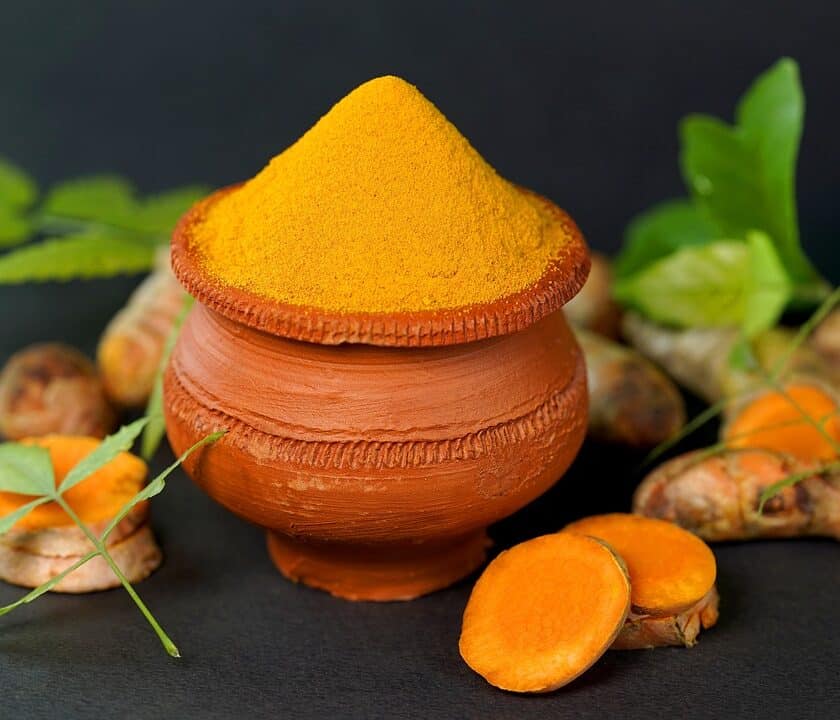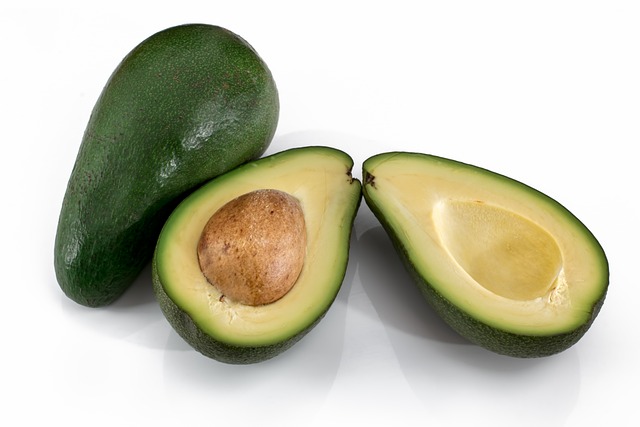Polycystic Ovary Syndrome (PCOS) is a common hormonal disorder that affects individuals of reproductive age, leading to irregular periods, cysts on the ovaries, and various metabolic disturbances. Ayurveda, the ancient Indian system of medicine, offers a holistic approach to health and wellness, emphasizing the interconnectedness of the body, mind, and spirit. In managing PCOS, Ayurveda focuses on balancing the doshas—Vata, Pitta, and Kapha—to restore harmony within the body. One key aspect of this holistic approach is adopting an Ayurvedic diet tailored to address the specific imbalances associated with PCOS.

Understanding PCOS through the Ayurvedic Lens:
Ayurveda views PCOS as a manifestation of imbalances in the Kapha and Pitta doshas. The accumulation of ama (toxins) and the disruption of apana vata (a sub-dosha responsible for reproductive health) play crucial roles in the development of PCOS symptoms.
Principles of an Ayurvedic Diet for PCOS
Balance Doshas
Foods that pacify Kapha and Pitta doshas are recommended. This involves incorporating a variety of tastes, including sweet, bitter, astringent, and pungent, to create a harmonious blend.
Choose Whole Foods
Emphasize fresh, organic, and seasonal whole foods to ensure maximum nutrient absorption and reduce the intake of processed foods that may contain additives and preservatives.
Eating

Ayurveda encourages mindful eating, paying attention to the tastes, textures, and temperatures of the food. This practice aids digestion and helps prevent overeating.
Balancing Agni (Digestive Fire)
Including spices such as ginger, cumin, and turmeric in the diet helps stoke the digestive fire, aiding in the proper digestion and assimilation of nutrients.
Ayurvedic Foods for PCOS
Herbs and Spices
– Turmeric: Known for its anti-inflammatory properties.
– Cinnamon: Helps regulate blood sugar levels.
– Fenugreek: Supports hormonal balance.
– Shatavari: A rejuvenating herb for female reproductive health.

Whole Grains
– Quinoa: Low glycemic index and rich in protein.
– Brown Rice: Provides sustained energy and fiber.
Fresh Fruits and Vegetables
– Leafy greens: Rich in vitamins and minerals.
– Berries: High in antioxidants and low in sugar.

Healthy Fats
– Avocado: Supports hormone production.
– Nuts and seeds: Good sources of essential fatty acids.

Ayurvedic Lifestyle Recommendations
Stress Management
Stress aggravates PCOS symptoms. Practices like yoga, meditation, and deep breathing can help manage stress.
Regular Exercise
Engage in moderate, regular exercise to support metabolism and balance hormones.
Adequate Hydration
Drink warm water throughout the day to flush out toxins and support digestion.
Conclusion
Adopting an Ayurvedic diet for PCOS involves not only choosing the right foods but also embracing a holistic lifestyle that nurtures balance and harmony within the body. While Ayurveda offers valuable insights, it’s essential to consult with a qualified Ayurvedic practitioner or healthcare professional to create a personalized plan that aligns with individual needs and constitution. By integrating Ayurvedic principles into daily life, individuals with PCOS can work towards restoring equilibrium and promoting overall well-being.













